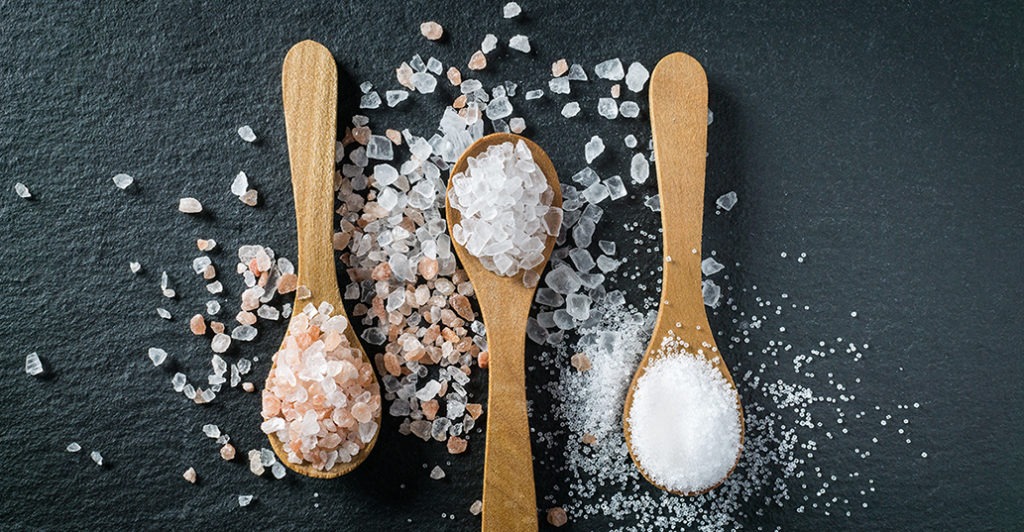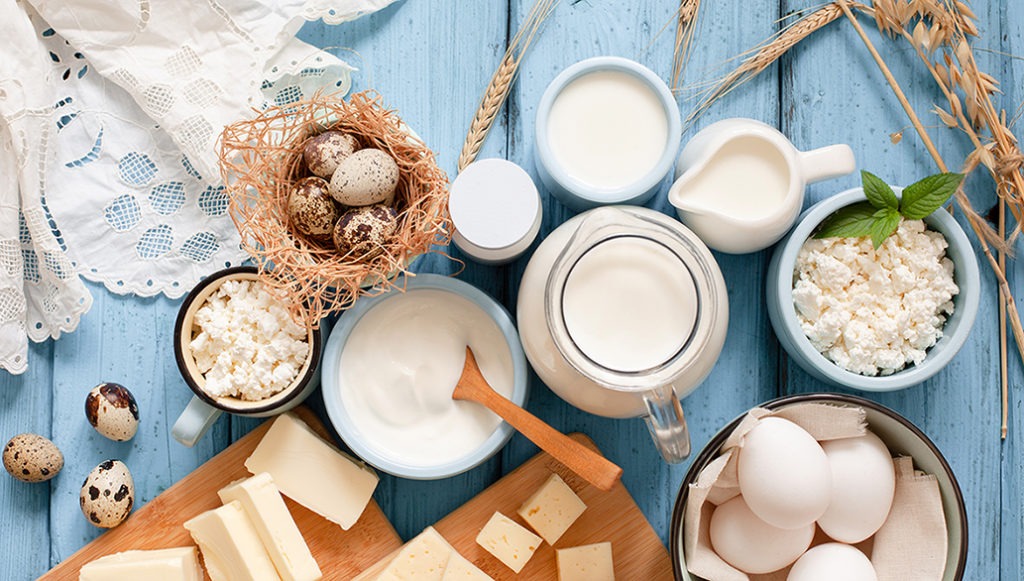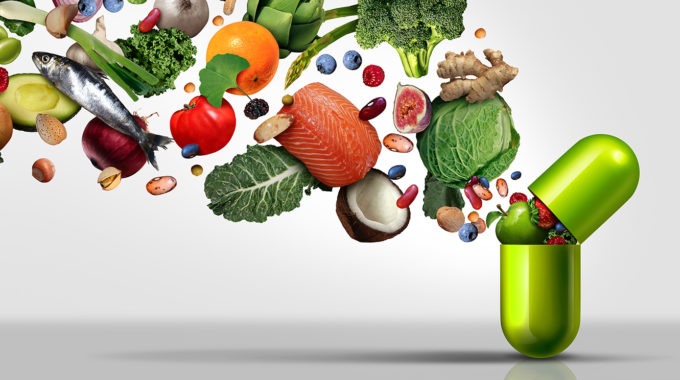The latest in food and nutrition research
One day in the future, you might not need to visit your local chemist to pick up a prescription. An Australian researcher is exploring new methods that could allow you to grow your own meds in your backyard vegie patch. Seriously. Other Aussie-led research has found heartening news for dairy lovers and a simple solution that could potentially prevent millions of deaths. And for parents of picky eaters, a new study has provided a better understanding of what influences this behaviour, and what you should and shouldn’t do to tackle the problem. Read on for all the latest in food and nutrition research.

Grow your own meds
Mary Poppins already knew that a spoonful of sugar helps the medicine go down, but what about a potato chip that helps you lose weight? Or a soybean that cures cancer? Professor David Craik from the University of Queensland’s Institute for Molecular Bioscience is working on a way to engineer plants into super-efficient producers of next-gen medicines.
“Plant-grown drugs would be more accessible,” he says. “Instead of needing expensive factories and complicated transport chains to make and distribute medicines, we could have plants making these medicines. People could grow their medicines in their backyard, or we could even make the medicine in the seed of a plant which people then eat.”
The lab is now putting anti-cancer drugs in sunflower and soybean plants and pain relief drugs in a weed from the cabbage family. Professor Craik and his team have also made a molecule that acts on a receptor in the brain that affects appetite. This molecule could potentially be put into potatoes, so you could eat chips and not worry about weight gain.

Simple swap could prevent millions of deaths
Replacing table salt with a reduced-sodium, added-potassium salt substitute could greatly reduce rates of stroke, heart attack and death, according to a large global study.
The sodium found in salt regulates things like muscle contractions, fluid balance and nerve transmission. But your body only needs small amounts of salt – around 1-2g per day. According to the Heart Foundation, most Australians are eating roughly 9g of salt a day, which is nearly double the recommended maximum of 5g of salt, or 2000mg sodium.
While we’re eating too much salt, we’re not eating enough potassium-rich foods, which include beans and legumes, seafood and seaweed, dairy, fruit and veg. High levels of sodium and low levels of potassium are both linked to high blood pressure and greater risks of stroke, heart disease and premature death. Using a salt substitute – where part of the sodium chloride is replaced with potassium chloride – addresses both problems at once.
Study lead, Professor Bruce Neal of The George Institute for Global Health, says if salt substitutes were widely adopted, it could prevent millions of early deaths.

Is your child a fussy eater?
Whether it’s an exclusive appetite for foods of a certain colour, or an all-out refusal on vegies, when you have a fussy eater on your hands, mealtimes can be extremely challenging. While picky eating is all part of the norm for developing toddlers, when it extends into school years, it takes a toll on all involved, children and parents alike.
New research from the University of the Sunshine Coast, the University of South Australia and the University of Queensland is providing a better understanding of what influences fussy eaters, and what’s more likely to increase or decrease picky eating in kids under 10.
The study found that pressuring a child to eat, offering rewards for eating and strict parenting all negatively influenced fussy eaters. While parents might be anxious about whether their child is getting enough nutrients, it’s important to avoid getting angry, which creates negativity around mealtimes. Conversely, a more relaxed parenting style, eating together as a family and involving a child in food prep can all help to reduce fussy eating.

Top tips to help a fussy eater
1. Set a good example: a family that eats together has better eating habits.
2. Schedule regular mealtimes: regular mealtimes reduce levels of stress.
3. Get kids involved with food preparation: familiarity and a sense of control can help.
4. Try to have one mealtime: a separate kids’ sitting encourages fussy eating.
5. No phones or TV: focus on food, not on screens.
6. Try to keep mealtimes calm and stress free: stress can contribute to fussy eating
7. Avoid using rewards, bribes or punishments for fussy eaters.

Don’t ditch dairy
New research on the world’s biggest consumers of dairy has shown that those with higher intakes of dairy fat had a lower risk of heart disease compared to those with low intakes. Higher intakes of dairy fat also weren’t associated with an increased risk of death.
Researchers in Sweden, the US and Australia measured blood levels of a fatty acid mainly found in dairy foods in more than 4000 Swedish adults. Sweden is one of the world’s largest consumers of dairy and dairy products. Study participants were then followed up over 16 years. Over this time, it was noted how many had heart attacks, strokes and other serious circulatory events, and how many died from any cause. After adjusting for other known risk factors, the cardiovascular disease risk was lowest for those with a high intake of dairy fats. Those with the highest levels had no increased risk of death from all causes.
The researchers combined these results with 17 other studies involving almost 43,000 people from the US, Denmark and the UK. These confirmed the same findings.
“Increasing evidence suggests that the health impact of dairy foods may be more dependent on the type – such as cheese or butter – rather than the fat content,” says study lead Dr Kathy Trieu from The George Institute for Global Health. “This raises doubts if avoidance of dairy is beneficial for cardiovascular health. Our study suggests that cutting down or avoiding dairy might not be the best choice for heart health.”









